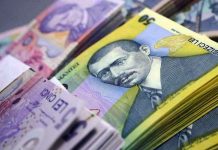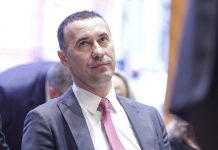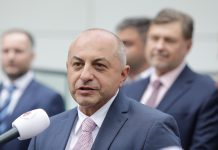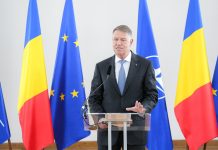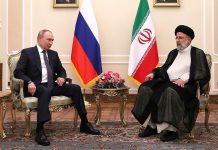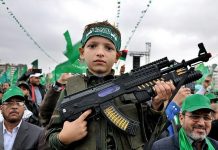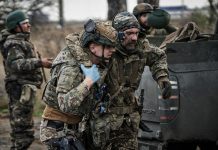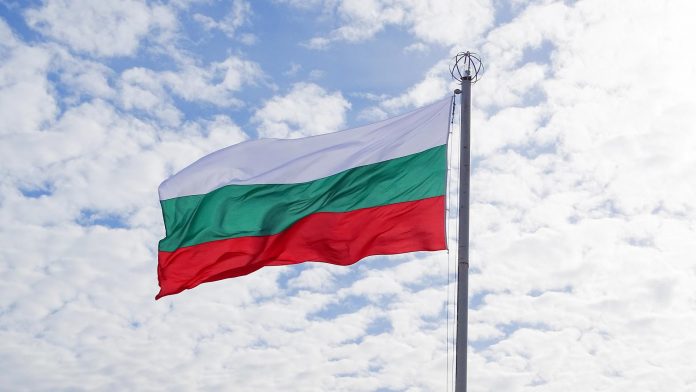Bulgarians will vote in a general election on Sunday for the fifth general elections in two years, but the odds of forming a stable government remain low.
There is no clear outcome to the two-year political crisis in the EU’s poorest country, which is also considered NATO’s most vulnerable link to Russian influence.
Pro-Russian President Rumen Radev who is opposed to sending ammunition to Ukraine is expected to remain in power.
Without a stable parliamentary majority, Bulgaria will not be able to implement justice reforms promised to Brussels, which will block payments for 4.5 billion euros under the Recovery Plan.
At the same time, authorities in Sofia also show serious hesitation in absorbing the EU funds for the Green transition.
For Bulgaria’s EU partners, Radev’s long rule is problematic because he cannot negotiate and make long-term political agreements without a parliamentary majority.
The three largest political formations in the country say they are pro-EU and NATO. The We Continue the Change-Democratic Bulgaria coalition has the greatest chance of winning the elections, gathering between 23-27% according to various surveys.
However, the ballot is expected to be highly contested because the GERB-SDS coalition of former Prime Minister Boyko Borissov is only 1% behind. The two political formations could easily form a stable government, but Borissov is a divisive figure.
The former three-time prime minister is widely accused of corruption by his opponents. While Borissov claims photos of gold bars and 500 euro banknotes from his residence that were anonymously distributed to the media three years ago, were staged, the prosecutor’s office continues its investigations.
Critics claims Chief Prosecutor Ivan Geshev has links to Borissov.
Some political analysts argue that the next US sanctions could affect Borissov himself, after he secured the continuation of the Russian TurkStream gas project to Hungary, and is now proving to be an obstacle to the formation of a stable Euro-Atlantic government on NATO’s eastern flank.
The third political force in Bulgaria is DPS, with a 13-14% share. The party’s core includes the Turkish minority in Bulgaria, and the party itself maintains a Euro-Atlantic label with noticeably pro-Russian voters.
The DPS electorate built on ethnic lines has not changed since 1989 when communism ended. The Turkish minority accepts the party as the main guarantor of their rights and freedoms.




